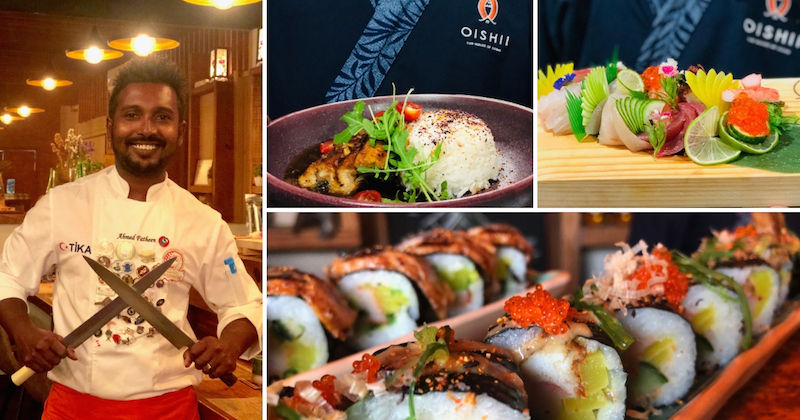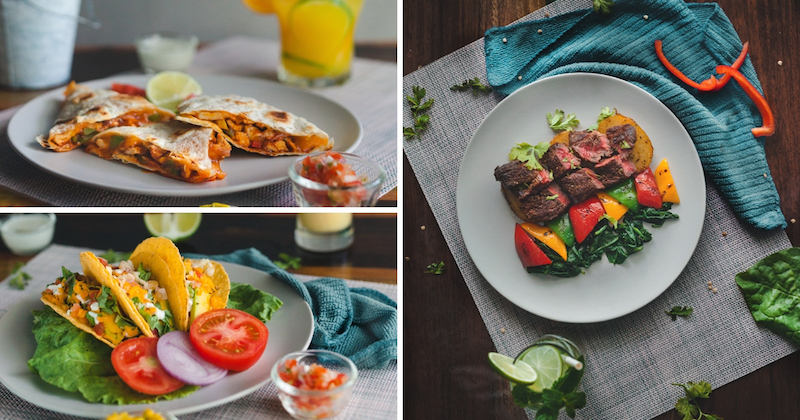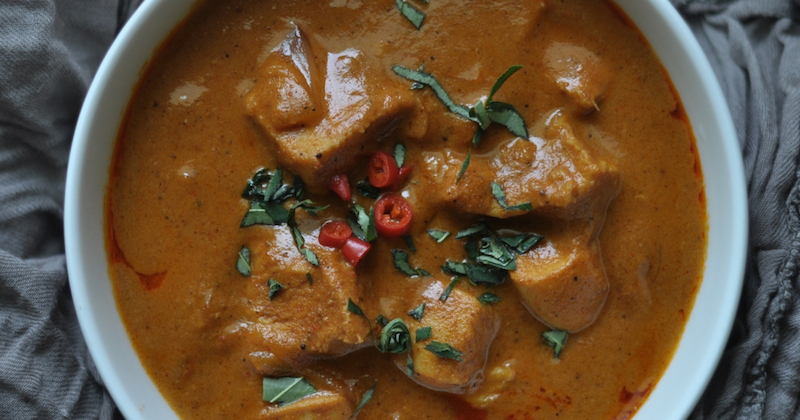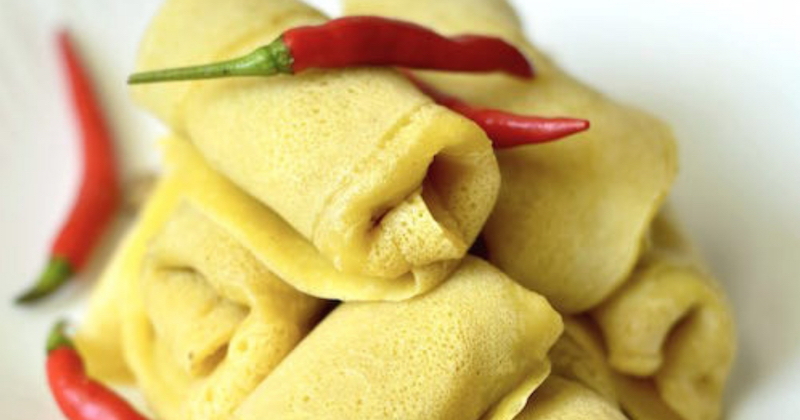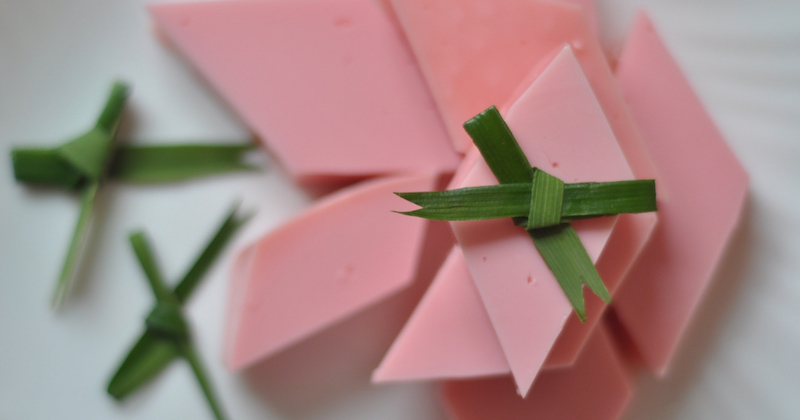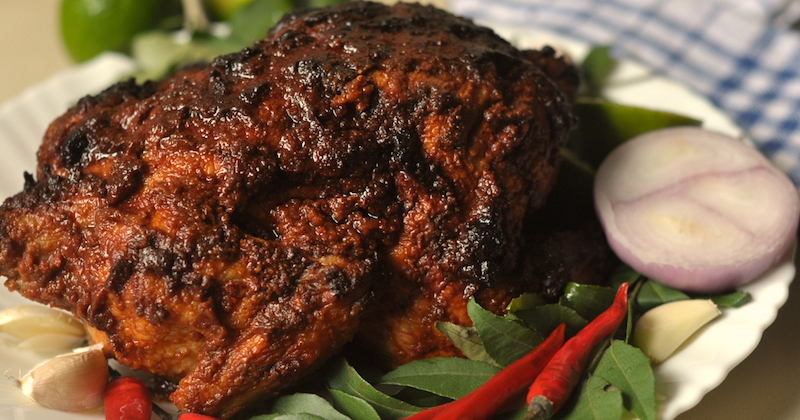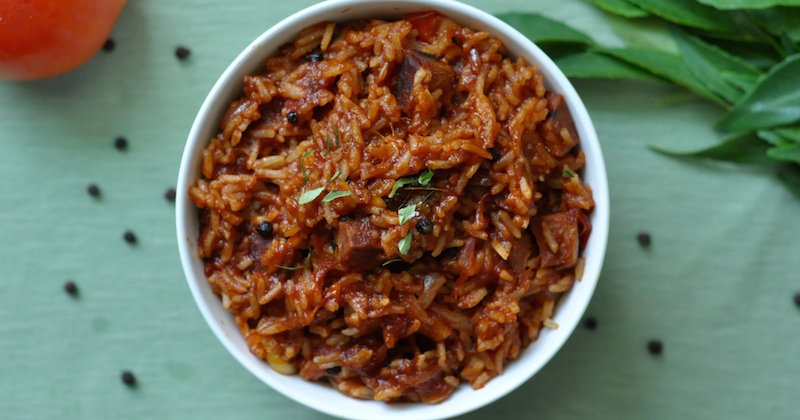The Super in Superfoods

Written by Iyath Adam
I think we’ve all heard the term ‘superfood’ and their numerous health benefits. Almost every health food brand seems to have this label or are said to be ‘packed full’ of it. But what exactly are these superfoods?
Any food that is high in nutrients including vitamins, minerals or antioxidants, can be generally considered a superfood. Different types of fruits and vegetables, even some types of dairy and fish products are referred to as superfoods, depending on their components and nutrient profile.
However, this is not a term typically used by doctors or dieticians. In fact, scientifically speaking, there is not a single ‘superfood!’

So then, how did ‘superfoods’ become so popular?
‘Superfood’ was originally used as a marketing term to promote the sales of a certain food. It was first used in the 20th century by The United Fruit Company, an American company, as a marketing strategy to boost the sales of bananas. Due to its wide versatility (it can be eaten raw or cooked, in both sweet and spicy dishes), bananas were promoted as cheap and easily digestible nutrition powerhouses – a true superfood. This was then picked up by prominent medical journalists of the time, popularising the term.
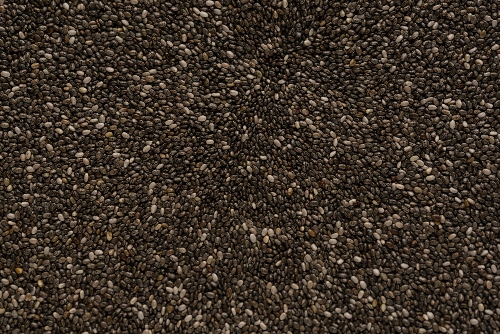
Fast forward to the present, ‘superfood’ is now used to label a variety of new food products in the market – from different nuts and seeds to a selection of fruits and vegetables. Acai berries, almonds, blueberries, chia seeds, ginger, matcha, oats, spirulina, and turmeric are some ‘superfoods’ that have been well-known in the last few years. Recently, the term ‘superfood’ has also been used to reintroduce ancient grains such as quinoa, flax seed, and buckwheat to Western audiences. These grains – due to their lack of genetic modification – are seen as nutrient-dense, healthy sources of carbohydrates and so, superior to other types of modified, ‘newer’ grains.
While these foods do contain high levels of nutrients that are extremely beneficial for health, it is good to keep in mind that no one food like this can provide all the necessary compounds essential to our health. In short, no one type of food is a SUPER food.
For a healthy and balanced diet, the key is moderation and incorporating all food groups with a variety of colourful fruits and vegetables in your meals. Focus on eating a ‘super plate’ rather than just eating ‘superfoods.’
To get you started, here are five foods available in the Maldives that are also seen as ‘superfoods’ and their health benefits!
Mango

Mangoes are a healthy source of fibre, which helps to maintain a stable digestive system and prevent constipation. They are also full of antioxidants which are compounds that are said to protect the body from cancer-causing free radicals. Mangoes are also rich in folate (folic acid), vitamins A, B5, B6, C, E and K. All fruits are best consumed raw although you can whip up some delicious desserts with them such as our mango pirini and dhon anbu fudge.
Chia seeds

Chia seeds are from the Salvia hispanica plant, a part of the mint family. These tiny black and grey seeds are extremely nutrient-dense, packed full of antioxidants, omega-3 fatty acids, protein, fibre and minerals such as calcium, manganese, magnesium, and zinc. Because of this, they are believed to promote healthy bones, lower blood pressure, reduce risk of heart disease and improve bowel movements. Sprinkle some on your morning oatmeal or cereal, grind some up and add to smoothies or side dishes. You can also add them to your faloodha instead of basil seeds for a healthier kick!
Spinach

Spinach or boaveli faiy as it is known in Dhivehi, is an extremely good source of minerals such as iron, calcium and potassium as well as vitamins A, C and K. It is thought to improve eye health, regulate blood pressure, manage heart health, and boost the immune system. Spinach can be eaten either raw (in salads, wraps or sauces) or cooked (in pasta, omelettes or soups).
Moringa
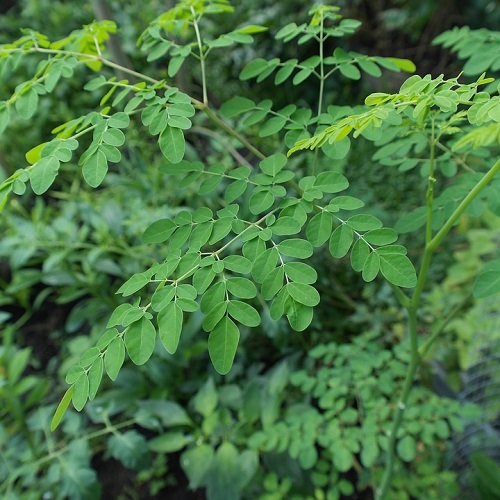
Moringa leaves or muranga faiy is truly one of nature’s powerhouse plants. Also known as drumstick tree or horseradish tree, moringa leaves are antioxidant-rich with high levels of vitamins A, B6 & C as well as minerals like iron and magnesium. Moringa has been shown to lower cholesterol levels, reduce blood sugar and inflammation in the body to promote faster healing. In addition to the moringa leaves, the pods and flowers of the plant are widely used here in the Maldives as well. Muranga tholhi kirugarudhiya (moringa drumstick curry) or muranga fathu bisgandu (moringa leaf omelette) are popular breakfast choices in the country.
Watermelon

Ramadans in most local houses will not be complete without a glass of watermelon juice or karaa fani. Did you know that about 90% of watermelons are water? That’s right! Watermelons are one of the most hydrating fruits, which along with their natural sugars make for the perfect snack on a hot day. Watermelons are rich in a type of antioxidant known as lycopene, which has been associated with cancer risk reduction. They are also packed with vitamins A & C, potassium and are also high in fibre.
Coconut
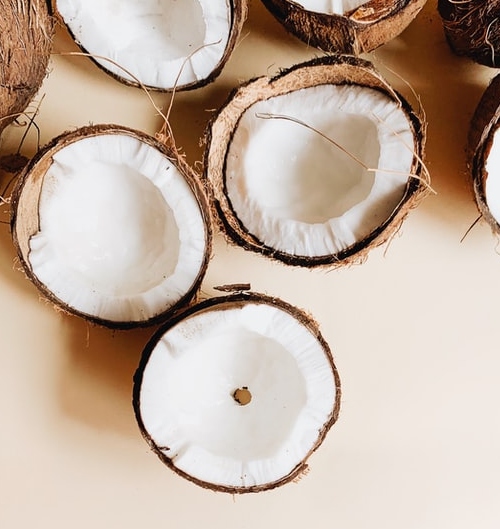
Here in the Maldives, we use all parts of the coconut and its derivative products as well. Coconut water or kurumba fen is rich in electrolytes and helps to regulate blood sugar levels. Coconut milk or kaashi kiru – used in both sweet and savoury dishes – and coconut oil (kaashi theyo) reduces bad cholesterol levels and are healthy sources of fat for the body. Overall, coconuts contain good levels of minerals such as manganese, copper and iron which promotes bone health, helps in metabolism, and helps form red blood cells.
About Lonumedhu
Lonumedhu is about eating great food right here in the Maldives.
Our easy to follow recipes use locally available ingredients.
In our blog you will find food news, interviews with chefs and cooks, useful information about eating out and other foodie reads.
Contacts
© Lonumedhu.com 2017-2026. All rights reserved. No part of this website may be reproduced without the written permission of the publisher.
Advertisers
Lonumedhu.com has partnered with Qualia Pvt Ltd, a publishing & marketing agency, for its desktop and mobile advertising.
Advertising enquiries should be directed to (960) 987 4396 or marketing.sales@lonumedhu.com.

